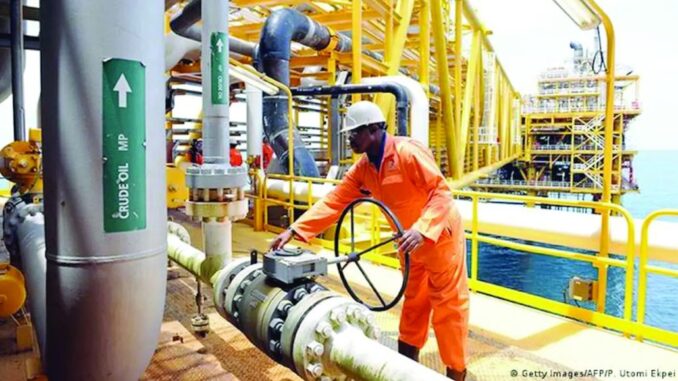
The notion that Nigeria is more of a natural gas-endowed nation than an oil-rich nation has been held widely both within and outside the country. However, the role of the Gas sector in enhancing the growth of the economy through enhanced exports has been largely suboptimal.
The news that Nigeria Liquefied Natural Gas Limited (NLNG) has been unable to enhance its exports to its various customers is disturbing. Presently the major foreign exchange earner for the country has remained proceeds from crude oil with natural gas playing a second fiddle in this regard. Hence, the potential of the natural gas endowments of Nigeria have remained largely under-achieved.
This background largely explains why the country is currently facing serious challenges in meeting its gas export obligations to its global clients. Lots of issues arise in this regard.
First, the country has been having rigmarole around its perennial incapacity to implement its development plans in the natural gas sector. Gas flaring is still a common feature in the economy despite series of government programmes in this regard. Aside from the incorporation of the NLNG as a limited liability company in 1989 to harness the country’s vast natural gas resources and thus produce liquefied natural gas and natural gas liquids for export, not much appears to be happening in that sector, in relation to the huge potential of the sector. This is premised on the fact that the country currently boasts of about 209 trillion cubic feet of natural gas reserve, ranking ninth in the world in terms of gas reserve. That should be a good position on which to enhance its exports to the outside world.
The positive development from this is that the structuring of the NLNG has set the pace for optimal performance in the natural gas with the Nigerian National Petroleum Company Limited (NNPCL) owning only 49 per cent of the company while the private sector partners own 51 per cent distributed among Shell Gas B.V (25.6 per cent), Total Energies Gaz… (15 per cent), Eni International N.A N.V… (10.4 per cent). That is one reason the gas sector ought to perform above its current level.
Next, the formulation and approval of the Nigeria’s Decade for Gas policy or agenda is another good reason the gas sector ought to perform more than its present level of achievement. The Decade for Gas policy, formulated by the Muhammadu Buhari administration and launched in 2021, has lofty goals of enabling the country to catch up with the developed and industrialised countries of the world in gas development and linkage with the domestic economy in relation to the enhancement of industrialisation, economic prosperity and the tackling of the energy poverty present in the Nigerian society.
However, despite all the positives, the country is still battling with the production of about seven billion standard cubic feet per day of gas. Despite the competition that is coming from other major gas exporters like the United States of America and Qatar, Nigeria has failed to make the best of the lofty provisions of the Decade for Gas policy and enhance its competitiveness in the global market. It has thus failed to meet its obligation to customers and could not even contemplate signing new long-term contracts for future supplies as is being done by its competitors in the global market.
In addition, the current security and other challenges in the country under the outgoing Buhari administration have had a negative effect on the gas sector. The key challenge has been that of insecurity. Cases of vandalisation of gas pipelines and other infrastructure used for export have been rampant in recent times, particularly in the past two years.
The seeming nonchalance of the Federal Government in addressing the burgeoning insecurity challenge across the length and breadth of the country has left a tale of woe on the average Nigerian and on various participants in the economy.
The unrest in the Niger Delta region has not been adequately addressed by the Buhari administration as was the case under the administration of the late President Umaru Yar’Adua when the Amnesty programme was put in place. The damage done to the economy of Nigeria by the lacklustre performance of the outgoing administration is yet to be fully quantified. The organisational structure put in place by the establishment of the NLNG with its fantastic shareholding structure, which gives the private sector an upper hand in its management, are yet to be fully optimised.
The adequate implementation of the Decade for Gas policy presents an opportunity for the incoming administration to leverage on, in ensuring that the gas sector plays its role in support of the oil sector to enhance the income base of the government in the development of the economy for the benefit of the ordinary Nigerian.
END

Be the first to comment